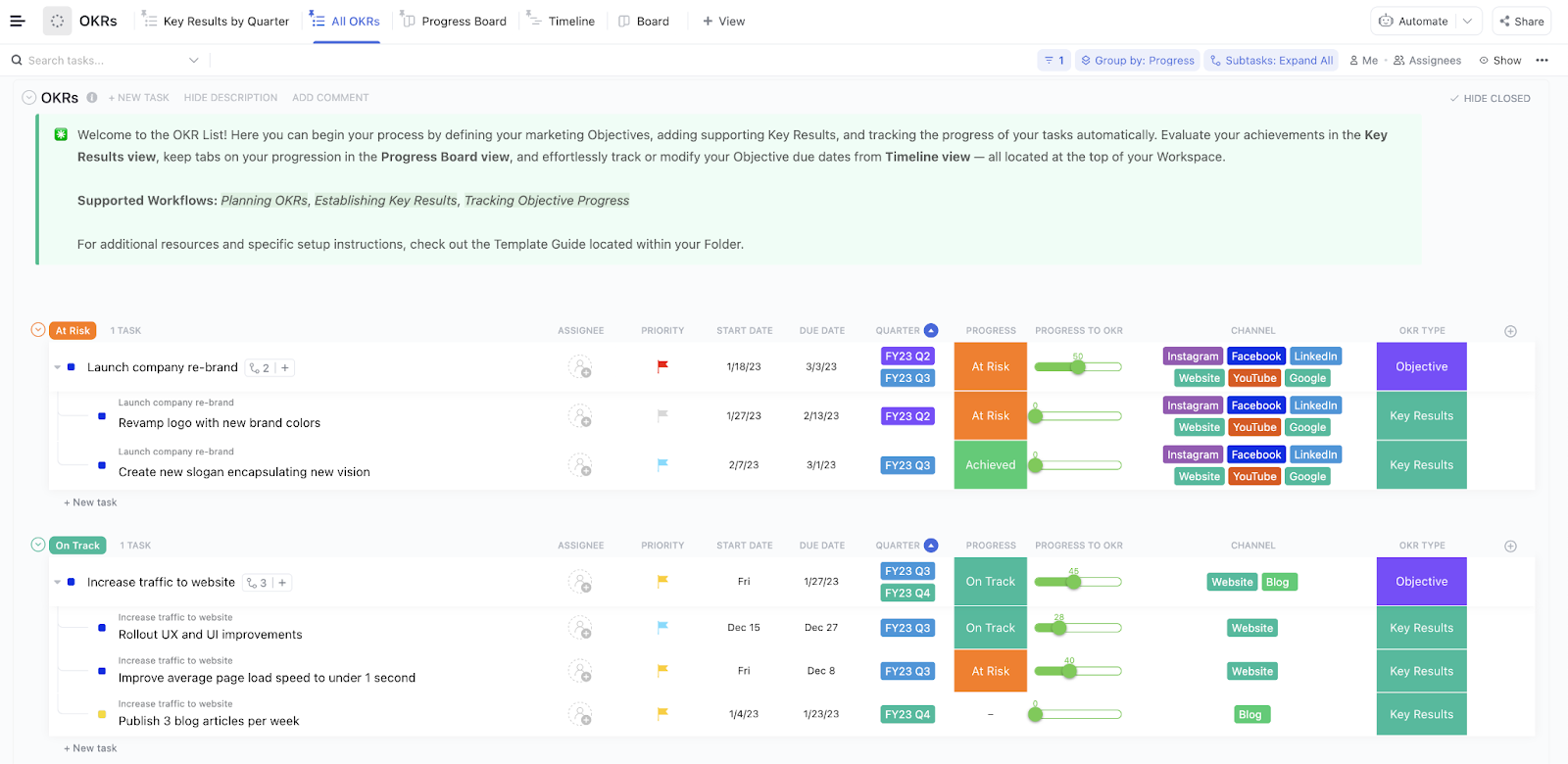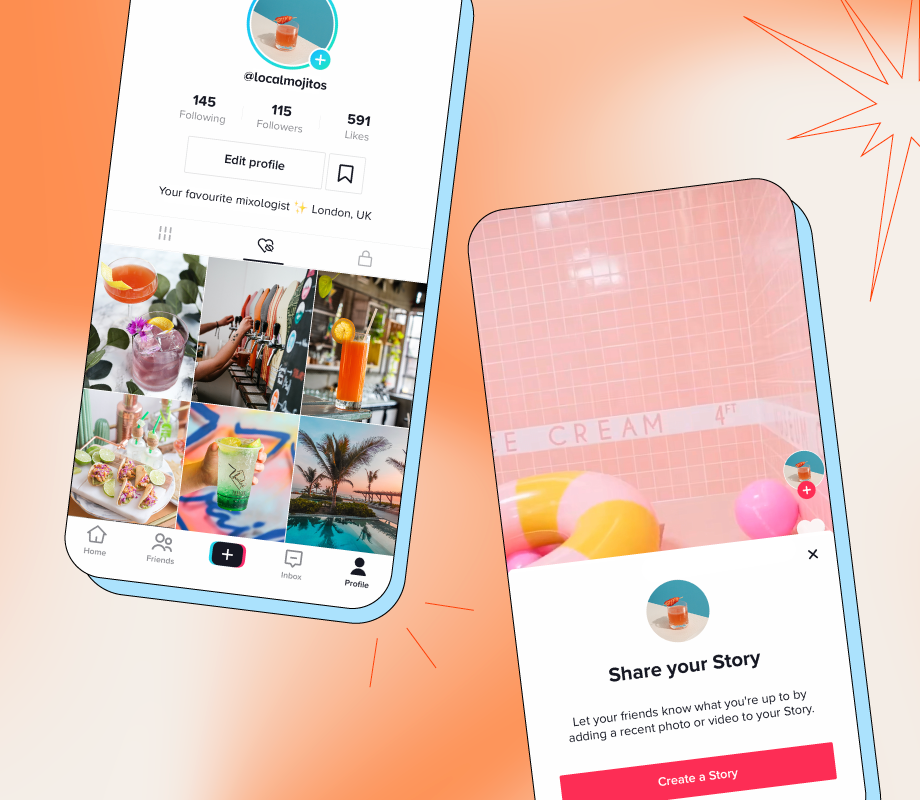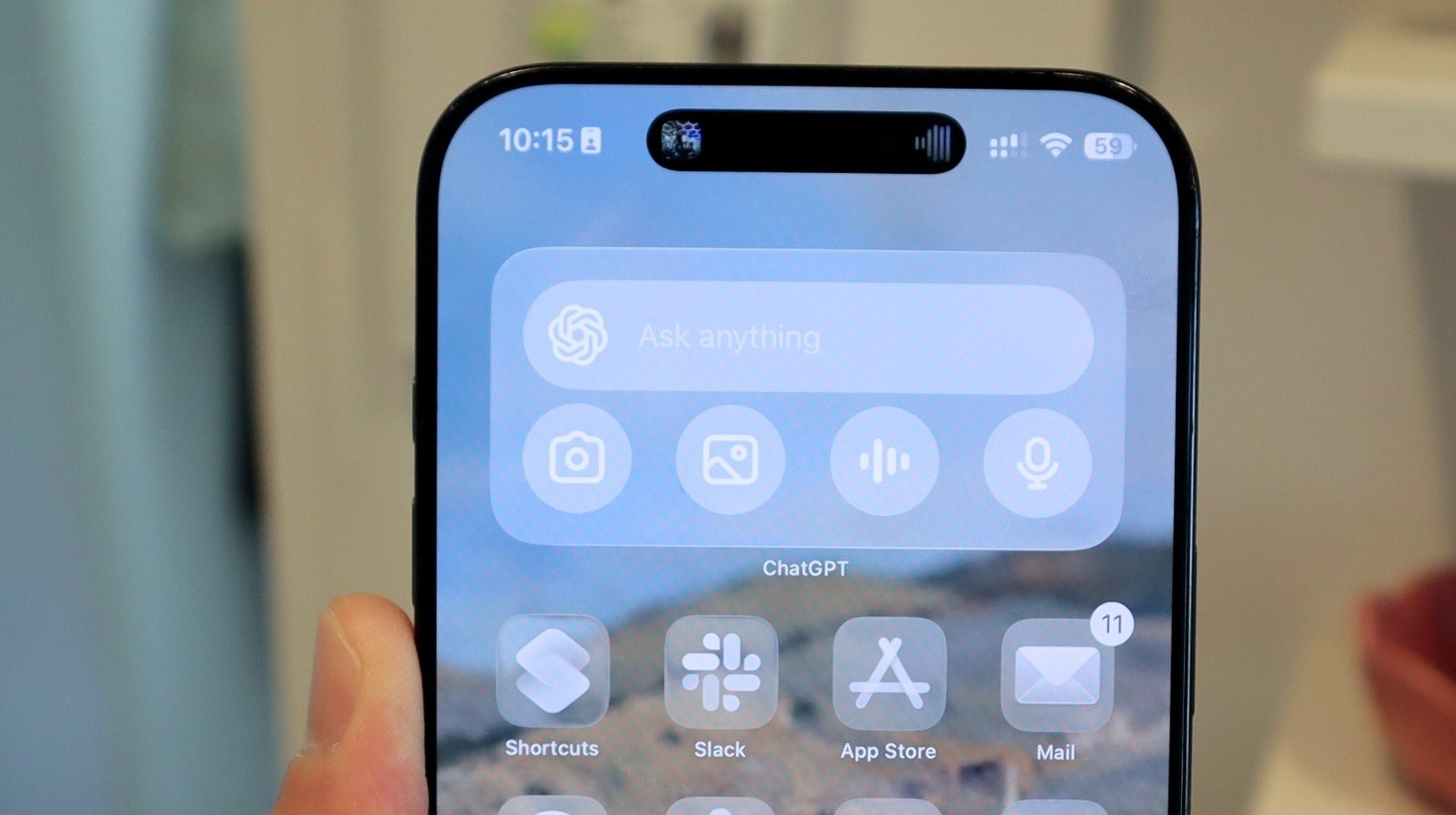Becoming a principal engineer requires more than technical skill, it’s about influence, communication, and strategy. Success means enabling teams by shaping culture, Sophie Weston said. In her talk at QCon London, she suggested developing deep skills in multiple domains, with general, collaborative skills. Skills from life outside work, like sports, volunteering, or gaming, can add valuable perspective and build leadership potential.
Principal engineer is often the highest level of the individual contributor path. Getting there needs more than just having deep technical expertise, as Weston explained:
It’s about influence, communication, and strategy. It’s about understanding that your career isn’t just about climbing; it’s about navigating, adapting, and growing in ways that matter to you.
Principal engineers focus less on what teams build and more on how they build, Weston said. It’s helping teams do great work, creating an environment where people thrive. By reducing friction, they help teams and the wider organisation move faster, avoid unnecessary obstacles, and stay on track.
According to Weston, engineering leadership consists of:
- Setting technical direction. This is about guiding teams and helping them to make smart architectural and technical choices.
- Driving good engineering practices. Helping teams build software efficiently and deliver real value – both to the business and its customers.
- Shaping culture. Mentoring, coaching, and making the organisation a place where engineers thrive.
Weston mentioned that as a principal engineer, she’s passionate about creating a good engineering culture that is good both for the organisation to deliver value effectively and efficiently and for the people working in it:
We want to have impressive DORA metrics, but not at the expense of burning people out.
Engineers need to broaden their skill set if they want to advance towards engineering leadership. Technical knowledge, no matter how deep, no matter how impressive, is not going to be enough, Weston said. She suggested developing deep skills in multiple domains, with general, collaborative skills as well:
Being Pi-shaped is valuable, but leadership demands more breadth. You need to become a “broken comb”—someone with expertise in multiple areas and the ability to connect insights across domains.
As a “broken comb”, you don’t just have expertise in multiple areas; you have varying depths of knowledge to bridge gaps, connect ideas, and solve problems creatively, Weston said.
Weston argued that people should bring their whole selves to work. She mentioned things that people do outside of their job, where they can learn and practice useful leadership skills:
If you’re part of a sports team, you will be building skills in team working and resilience. If you do volunteering, say in a youth group for example, you’ll develop skills in coaching and problem-solving. Maybe gaming is your thing, in which case you are likely to have strong skills in strategic thinking and adaptability.
Getting involved in the tech community and helping to organise events is a fantastic way to learn and practice new skills, Weston mentioned.
Don’t undervalue skills that you learn in other parts of your life and how they can help you in your career journey. We often talk about the importance of psychological safety and the need for people to be able to bring their whole selves to work and be themselves at work, this applies in a wider career context too, Weston said.
The skills you learn outside of work are equally valuable as the ones you learn through actually doing your job, Weston said. Sometimes they are more valuable because they represent more teeth on your “broken comb”. It’s not just the skills themselves that are valuable, but the additional perspective you have from having acquired them in a different setting, Weston concluded.










